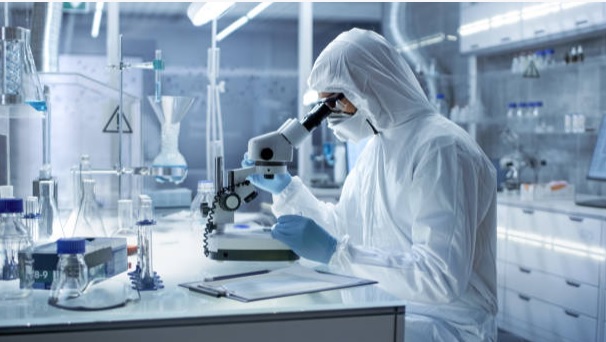
Biostorage solutions have emerged as a vital component in various industries, ranging from healthcare and pharmaceuticals to agriculture and environmental research. The ability to securely store and preserve biological materials, such as samples, specimens, and genetic resources, is crucial for scientific advancements, medical breakthroughs, and conservation efforts. In this article, we will explore the significance of biostorage solutions in ensuring security and sustainability, and how they are revolutionizing research and development.
The Importance of Secure Biostorage:
In today’s rapidly advancing world, the value of securely storing biological materials cannot be overstated. Biostorage solutions provide a controlled environment that safeguards samples from contamination, degradation, and unauthorized access. By implementing state-of-the-art security measures, such as restricted access, surveillance systems, and alarm systems, biostorage facilities ensure the integrity and confidentiality of stored materials. This not only protects valuable research assets but also maintains compliance with regulatory requirements and ethical considerations.
Preservation Techniques for Long-Term Storage:
The longevity and quality of stored biological materials heavily rely on efficient preservation techniques. Biostorage solution employ various methods to extend the lifespan of samples while retaining their integrity. Cryopreservation, a widely used technique, involves freezing samples at ultra-low temperatures, often using liquid nitrogen or controlled-rate freezers. This method effectively suspends biological activity and minimizes deterioration. Another approach is the use of specialized preservatives, such as stabilizing solutions or desiccants, which can maintain the stability of samples under specific conditions. These preservation techniques enable long-term storage of biological materials, facilitating future research and analysis.
Advancements in Biostorage Technology:
The field of biostorage has witnessed significant advancements in technology, enabling more efficient and reliable storage solutions. Automated sample handling systems have streamlined the process of sample retrieval, minimizing human error and maximizing efficiency. Robotics and artificial intelligence (AI) have played a pivotal role in automating sample management, tracking, and retrieval, reducing the risk of mishandling or misplacement. Furthermore, the integration of cloud-based data management systems enables secure and accessible remote access to stored sample information, facilitating collaboration and data sharing among researchers worldwide.
Sustainable Biostorage Solutions:
Sustainability is a growing concern across industries, and biostorage solutions are no exception. Traditional storage methods often relied on large amounts of energy and resources, contributing to carbon emissions and environmental impact. However, the industry is shifting towards more sustainable practices. Energy-efficient storage systems, such as advanced insulation and cooling technologies, are reducing energy consumption and minimizing the carbon footprint of biostorage facilities. Additionally, the use of eco-friendly materials and recycling initiatives for consumables and packaging further enhance sustainability efforts in the biostorage sector.
Applications of Biostorage Solutions:
Biostorage solutions have extensive applications across diverse fields. In the medical and pharmaceutical industry, biobanks play a crucial role in storing and managing biological samples for research, drug development, and personalized medicine. Agricultural biostorage facilities store genetic resources of crops and livestock, contributing to crop improvement, conservation, and biodiversity preservation. Environmental research benefits from biostorage solutions by preserving samples that help monitor ecosystems, study climate change, and protect endangered species. Furthermore, forensic biostorage enables the secure storage of DNA evidence, aiding in criminal investigations and justice systems.
Conclusion:
Secure and sustainable biostorage solutions have become indispensable for scientific progress, medical advancements, and environmental conservation. By implementing stringent security measures and employing advanced preservation techniques, biostorage facilities ensure the integrity and longevity of stored biological materials. Advancements in technology have revolutionized the field, making sample management more efficient and accessible. Moreover, the industry’s focus on sustainability promotes eco-friendly practices, minimizing





